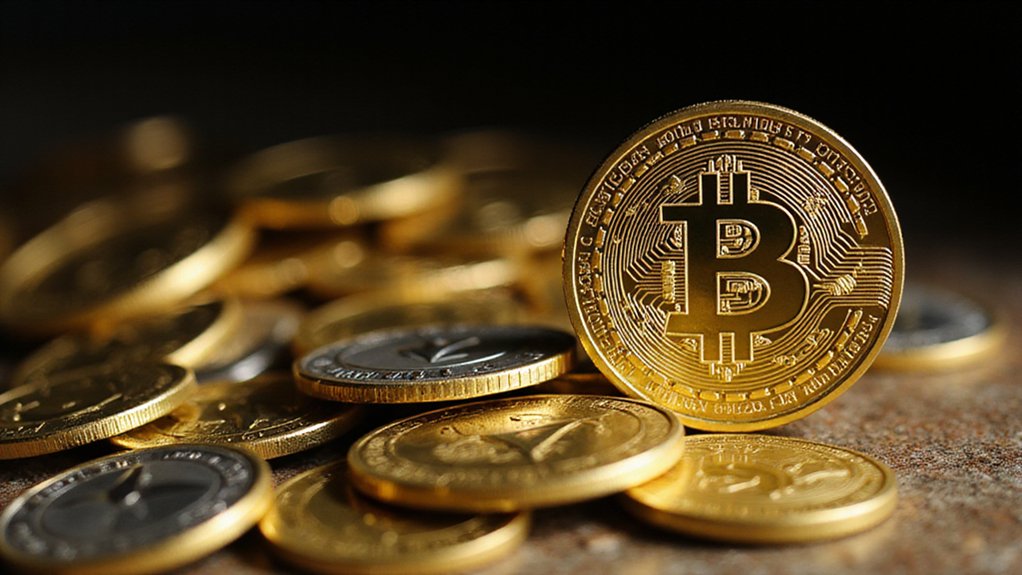In a country where economic anxiety often collides with technological innovation, South Korea has quietly become one of the world’s most crypto-saturated societies—a phenomenon that would be remarkable if it weren’t so predictably human. Twenty-seven percent of South Koreans aged 20 to 50 now hold cryptocurrencies, transforming digital assets from fringe speculation into something approaching mainstream financial behavior.
The demographics tell a story that defies Silicon Valley stereotypes about crypto’s primary constituency. While young adults in their twenties remain significant participants (particularly those who caught the earlier boom cycles), nearly half of major exchange users are in their forties and fifties. This isn’t the typical narrative of tech-savvy millennials gambling with lunch money—it’s middle-aged professionals allocating serious capital to digital assets that comprise roughly 14% of their total financial portfolios.
What’s particularly striking is the bullish sentiment persisting despite crypto’s notorious volatility. Seventy percent of current holders plan to increase their cryptocurrency investments, while 78% of those in their fifties explicitly use crypto as an accumulation vehicle. The motivation ranges from dreams of financial independence among younger cohorts to strategic portfolio diversification among older investors—though both groups share stories of watching small investments balloon into millions (and, presumably, watching some evaporate just as quickly). Many are exploring staking platforms to generate additional returns on their crypto holdings while maintaining long-term positions.
Despite crypto’s wild swings, South Korean investors remain remarkably optimistic—70% plan to buy more, chasing dreams that occasionally become reality.
The scale is genuinely impressive: over 16 million South Koreans are cryptocurrency users, already surpassing traditional stock investors in raw numbers. Projections suggest this could reach 20 million by 2025, representing a level of adoption that would make crypto evangelists elsewhere weep with envy. The surge coincides with a broader financial awakening, as finance-related titles dominate bookstore bestseller lists across the country. The collective holdings of these users amount to approximately 102.6 trillion won in crypto assets, cementing South Korea’s position among the most active retail crypto markets globally.
Perhaps most tellingly, 42% indicate they’d increase crypto spending if traditional banks and financial institutions expanded their involvement—suggesting that for all the revolutionary rhetoric surrounding digital assets, investors still crave institutional legitimacy. It’s a delicious irony: a supposedly decentralized financial revolution that gains credibility through centralized endorsement.
The government, meanwhile, has scrambled to implement protective legislation as adoption surged, creating the regulatory frameworks that inevitably follow when speculative instruments achieve critical mass. Whether this represents genuine financial evolution or elaborate collective delusion remains to be seen—though the distinction may ultimately prove academic.






